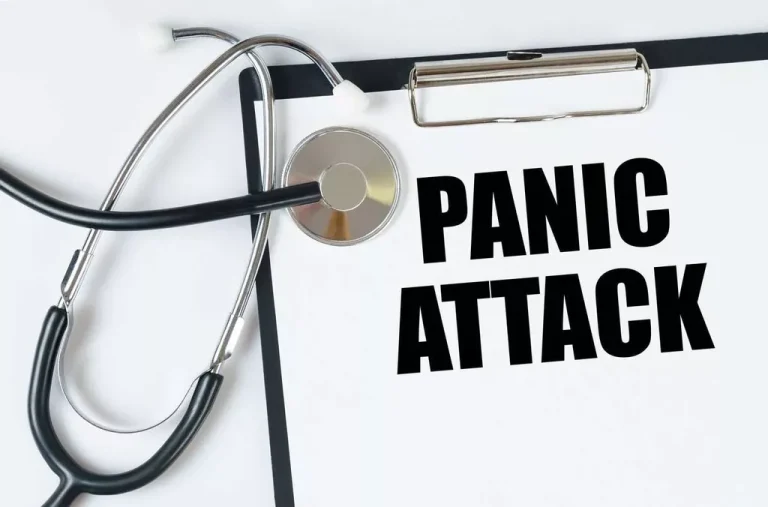
The Fair Housing Act Amendment (FHAA) protects this disabled class from discriminatory actions of state and local governments. By adopting a “voluntary” approach to standards-based certification, Florida law makers have successfully threaded a very complex needle. After a one-year grace period in which recovery residence operators may achieve certification, effective July 1, 2016, only certified residences in good standing remain eligible to receive referrals from DCF licensed substance use treatment (SUT) providers. The mission of NARR is to support persons in recovery from addiction by improving their access to quality recovery residences through standards, support services, government and private sector collaboration, education, research, and advocacy.
Levels (Types) of Recovery Residences
We partner with state agencies and recovery community organizations to advocate for the adoption of our high-quality housing standards at both state and national levels. The NARR model lays the groundwork for recovery housing policies, practices, and services, offering those in recovery the chance for a sustainable and fulfilling life. The what is a recovery residence process is a new initiative aimed at ensuring that individuals recovering from substance abuse receive the best possible care and support in certified recovery residences.
Maryland Certification of Recovery Residences
This model emphasizes the importance of personal and collective responsibility for the safety and progressive health of oneself and others in the community. Strengths-based lived experience, peer leadership, participative governance, and community-based support networks are the foundational elements for lasting recovery. At NARR, we take pride in fostering a network of affiliates and providers that exemplify the highest standards of recovery care. Staff are supervised, trained, or credentialed and are often graduates of a recovery residence. Level III’s are designed to support populations who need more intense support in developing recovery capital than provided by Level I or Level II. Level III’s are required to be licensed in a few states, reflecting the therapeutic nature of the services provided.
The NARR Standard
Assuming this shared objective, FARR Certification maintains unwavering integrity by ensuring providers continue to demonstrate compliance with the NARR Standard and FARR Code of Ethics. Individuals in recovery who simply wish to live together in a peer-supportive, alcohol and drug-free environment are not required to apply for certification. The law applies to those operators who wish to remain eligible for referral from DCF Licensed substance use disorder treatment providers.

Empowering Communities Through Collaboration
- This scale promotes developing an environment of empathy, empowerment, and inclusivity that is vital for nurturing pathways of sustained recovery.
- We tailor the content for this training to an individual client’s needs and budget, whether it be a NARR affiliate, state agency or other organizations.
- NARR Levels are informed by the American Society of Addiction Medicine (ASAM) categorization of different types of treatment and recovery programs, and the terms Levels and Types can be used interchangeably.
- Continuous Quality ImprovementA dedication to ongoing evaluation and enhancement of recovery services, driven by feedback from residents and alignment with the latest research in the field.
- After the virtual/on-site inspection, the DMHA Housing Team will provide you with an official communication within 15 business days.
Recovery residences are important assets within a community and among recovery-oriented systems of services. Residences that meet and maintain the NARR Standard ensure that this resource continues as a viable asset for the people who need it. Further, certified residences promote a level of consistency across houses that has not been previously seen or understood by communities, decision-makers, funders, and researchers. The consistency of core elements across certified residences can provide peace of mind to residents, families, neighbors, legislators, and funders, without additional oversight. Level IV Type C (Clinical) integrates the social and medical model typically using a combination of supervised peer and professional staff.
Key Requirements for Affiliation with NARR:
Since our founding, NARR has placed a heavy emphasis on training, education, and professional development. One or more training and education programs are usually part of our state-level consulting work. We deliver training and educational content in various formats depending on audience needs and budgets.

The dynamic online application form poses specific questions based on answers to preliminary inquiries regarding number of locations and support level(s) offered by the applicant organization. All persons working in NARR affiliate organizations, (recovery residence owners, operators, staff, and volunteers) are expected to adhere to a common NARR Code of Ethics. It is the obligation of all recovery residence owners/operators and staff to value and respect each resident and to put each individual’s recovery and needs at the forefront of all decision making. We have expanded our capabilities and offerings to include cloud-based, modular courses that individuals may complete on their own schedules. The content for these is highly visual and based on video conversations with subject matter experts.
- Our board members, recovery residence operators, affiliates and volunteers provide the momentum that helps us affect change.
- All persons working in NARR affiliate organizations, (recovery residence owners, operators, staff, and volunteers) are expected to adhere to a common NARR Code of Ethics.
- Strengths-based lived experience, peer leadership, participative governance, and community-based support networks are the foundational elements for lasting recovery.
- If your state has an affiliate, please direct your certification inquiries to them through our Affiliate Directory.

DMHA is basing most of the designation requirements and on-site inspection requirements on the most current NARR quality standards. Part of the NARR quality standards for every setting is having a Code of Ethics, which should incorporate the NARR Code of Ethics. Educational CommitmentEngagement in educational initiatives to train recovery residence staff, inform residents, and enlighten communities about the critical role of recovery residences in the continuum of care.